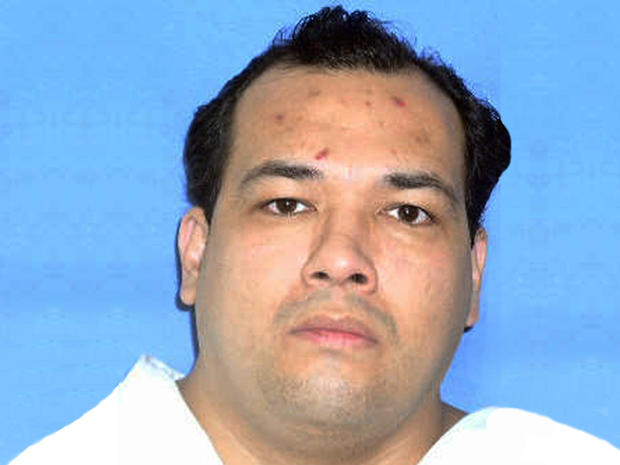Will Texas execution hurt those detained abroad?
President Obama asked the U.S. Supreme Court, unsuccessfully, to stay the Thursday execution of a Mexican national who had been convicted of raping and killing a 16-year-old girl in Texas. (President George W. Bush, by the way, did the same in a similar case in 2005.) Both Presidents Obama and Bush sided with the Mexican government, asking the state court to review the fact that the Mexican citizens had not been given access to their consular officers.
Why they both lost their plea (in Obama's case, it was a request for a delay; in Bush's case, it was a memorandum saying he had the power to order states to review the cases) is a complicated piece of constitutional interpretation. But it boils down to a simple rule of U.S. treaty obligations and domestic law. That is, unless a treaty is enacted into law (then becoming in legal terms "self-executing") it does not have the weight of domestic law.
The Constitution in Article VI, Clause 2 (the Supremacy Clause) says that the Constitution, treaties and federal laws are the highest laws of the U.S.: "This Constitution, and the Laws of the United States which shall be made in pursuance thereof; and all treaties made, or which shall be made, under the authority of the United States, shall be the supreme law of the land." That puts federal laws and treaties on the same footing. But later interpretations of the Constitution by the Supreme Court said that a treaty (which is ratified by the president with the advice and consent of two thirds of the Senate) is an obligation to other nations but is not binding within the U.S. unless Congress passes it.
That interpretation runs counter to the idea that an international treaty is an obligation of the U.S., similar to a contract. And it conflicts with the view of other nations, which signed the treaty and think of it as binding.
That is why U.N. High Commissioner for Human Rights, Navi Pillay, said that the U.S. broke international law when it executed Humberto Leal, the Mexican citizen. And, in international law terms, she is right. But under U.S. law, the Supreme Court again ruled that Texas broke no law. That leaves Mr. Obama and the U.S. Congress with a dilemma, particularly at a time when there is so much danger for Americans overseas.
The treaty in question is the Vienna Convention on Consular Relations, which the U.S. ratified. It would have, in this case, required the U.S. to inform the Mexican Consular office that a Mexican citizen had been arrested, and Mr. Leal would have been given access to the representative of the Mexican government.
The implication is obvious: what happens when Americans are detained or arrested overseas? Do they not get to ask for a U.S. diplomat?
In the earlier case, in which Mr. Bush weighed in, the Mexican government, upset by the U.S. court ruling, brought the case to the International Court of Justice -- and the Mexican government won the case.
But when it came time for the Supreme Court to decide if the international court or treaty should have the cases sent back to U.S. state court, the Supreme Court, in Medellín v. Texas (2008), said that an international treaty is a commitment to other nations but is not binding on U.S. law -- unless Congress passes the treaty as a law (and the president signs it). And that meant that both the treaty and a ruling by the international court did not have weight in the United States.
Both Presidents Obama and Bush argued that the implications would be harsh. Obama's top lawyer, US Solicitor General Donald Verrilli, said, "This case implicates United States foreign policy interests of the highest order."
So what is the U.S. to do to make sure that an American can say, "I want to see my Ambassador" when they are arrested overseas?
Sen. Patrick Leahy (D-Vt.) introduced a bill called the Consular Notification Compliance Act to enforce the treaty, which gives citizens access to their government officials. It has not passed either the House of Representatives or the Senate at this point.
President Obama, as far as the Supreme Court is concerned, does not have the power under the Constitution to change the course of the Texas court's holding unless Congress acts. It's thus up to Congress and the president if they want to change how these situations play out in the future.
